Bitfarms mines less BTC in March despite expanding its mining Fleet

Bitfarms mined 286 BTC in March, down from 300 in February. Bitfarms’ fleet upgrade aims for 21 EH/s and 21w/TH efficiency. Bitfarms sold 284 BTC increasing treasury holdings to 806 BTC. Bitfarms Ltd. (BITF), a prominent global Bitcoin mining company, experienced a slight dip in its Bitcoin (BTC) production for the month of March 2024, […]
Riot Platforms and Texas Blockchain Council challenge EIA’s Bitcoin Mining data demands
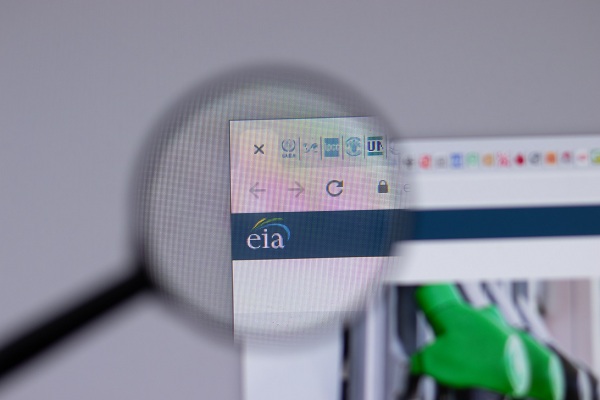
TBC and Riot Platforms sue EIA over Bitcoin data demands, alleging intrusion. Senator Warren’s involvement is seen as part of a broader political strategy. Bitcoin mining faces scrutiny for energy consumption, environmental impact. In a bold move against the US Energy Information Administration (EIA), the Texas Blockchain Council (TBC) and crypto miner Riot Platforms have […]
Ocean Mining denies censorship allegations amidst Bitcoin transaction controversy

Bitcoin wallet provider Samourai Wallet accuses Ocean mining pool of censoring transactions. Ocen Mining was specifically accused of censoring Whirlpool CoinJoin and BIP47 notification transactions. Ocean’s founder, Luke Dashjr, denies intentional censorship, attributing the issue to a bug in Samourai Wallet’s software. In a recent twist within the cryptocurrency space, one of the Bitcoin wallet […]
Bitfarms reports a 7.3% increase in its monthly mining output
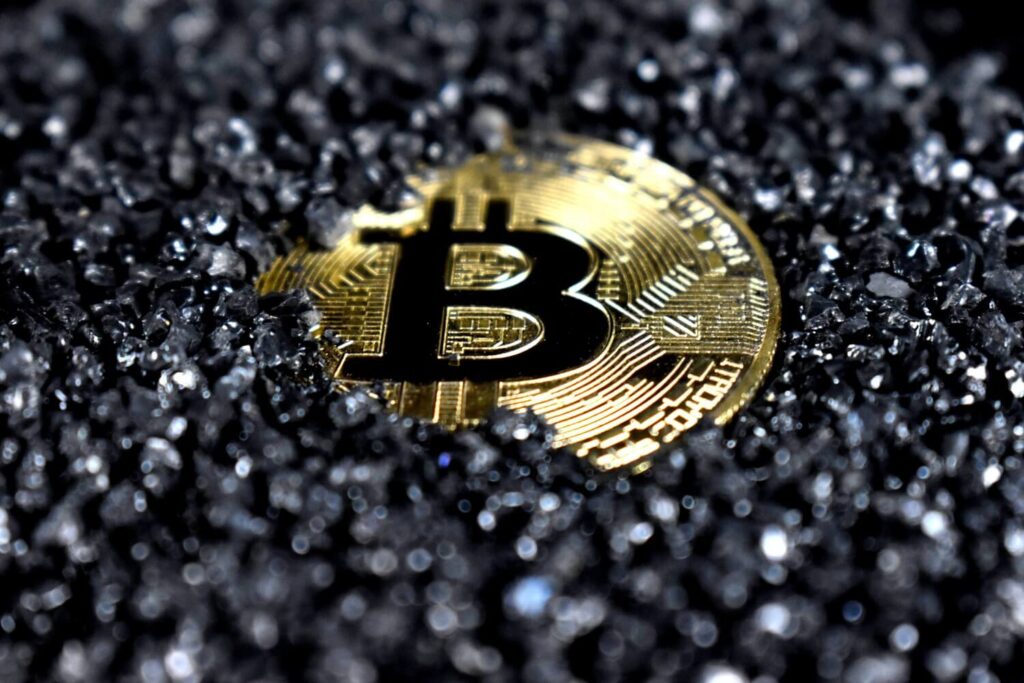
Bitfarms produced 411 bitcoins last month and sold 362. The Canadian miner is still lagging behind last year’s figures. Bitfarms stock is currently down 40% versus its recent high. Bitfarms Ltd says its mining output popped 7.3% in September as it continued to install new miners and “fully energised” its facility in Rio Cuarto to […]
CleanSpark to acquire two Bitcoin mining campuses for $9.3M
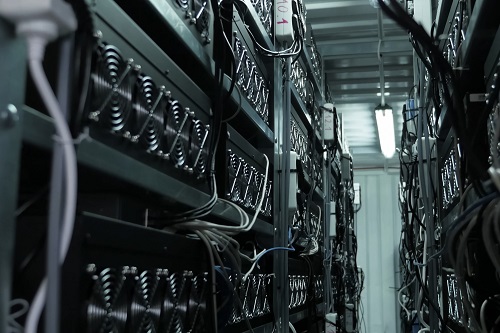
CleanSpark will complete the $9.3 million all-cash deal for the two turnkey Bitcoin mining facilities this week. The facilities in Dalton, Georgia, will host 6,000 Antminer S19 XPs and S19J Pro+ rigs. CleanSpark CEO Zach Bradford says the deal puts the miner on track to reach its year-end hashrate target of 16 EH/s CleanSpark (NASDAQ: […]
Bitcoin mining stocks are far riskier than Bitcoin itself
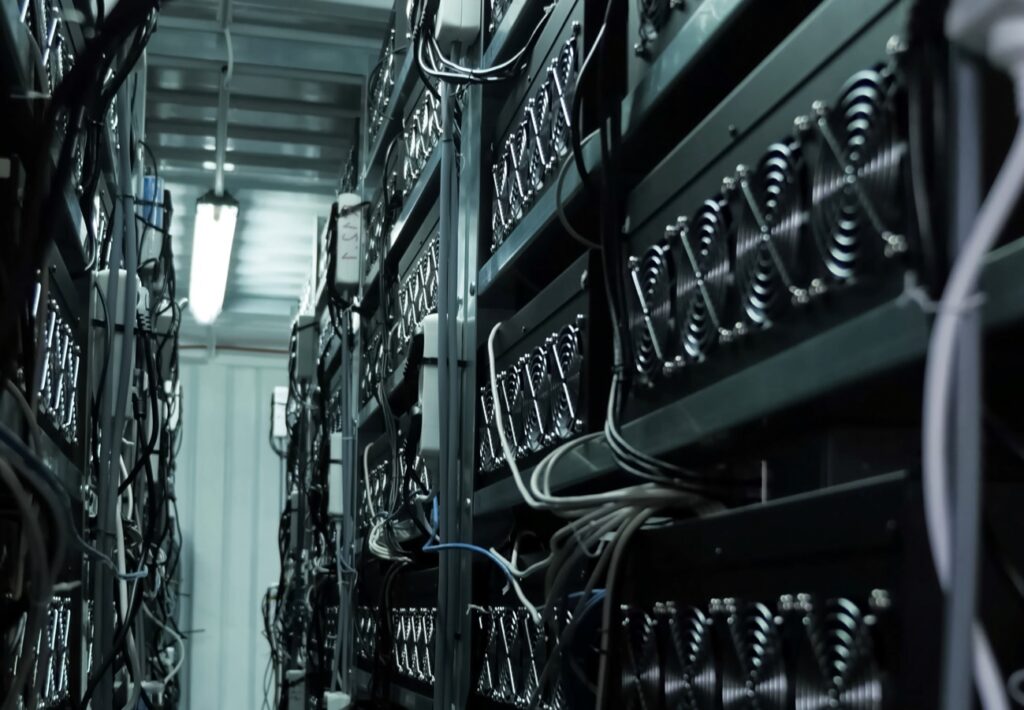
Key Takeaways Bitcoin mining stocks have underperformed Bitcoin heavily over the last year Greater competition among miners and higher amounts of energy required means margins are thinner Rising electricity costs and lower value of Bitcoin have also hurt miners immensely Greater number of variables beyond merely the price of Bitcoin means mining stocks have been […]
Bitcoin mining difficulty hits all-time high, above 50 trillion hashes

Key Takeaways Bitcoin mining difficulty has surpassed 50 trillion hashes for the first time ever Higher difficulty means more competition and less profit for miners, but also more security for the Bitcoin network Higher mining difficulty means greater energy input required to mine Bitcoin, meaning greater cost for miners Mining stocks have underperformed Bitcoin significantly […]
Report: Bitcoin mining stocks – extreme volatility and underperforming Bitcoin

Key Takeaways Bitcoin mining stocks have traded with significantly more volatility than Bitcoin itself Mining stocks have underperformed, as rising energy costs and increased competition has cut into profits Miners also overleveraged during the pandemic, purchasing new equipment with debt and holding onto Bitcoin stashes as prices fell Fees on the network rose with the […]
Bankrupt BlockFi plans to sell $160M Bitcoin mining hardware loans
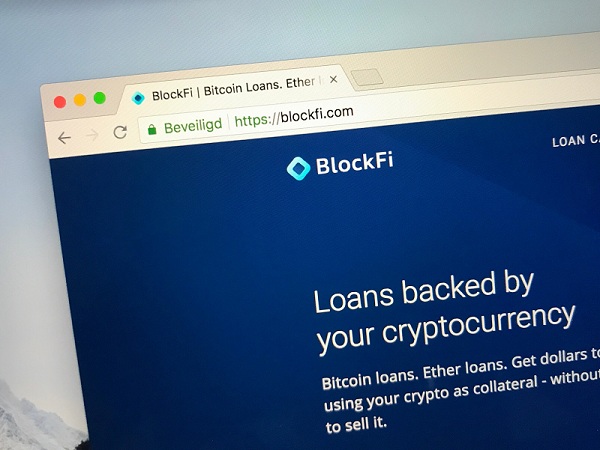
BlockFi filed for Chapter 11 bankruptcy in November 2022 citing exposure to the just collapsed FTX. The plan to sell off the loans backed by Bitcoin mining machines is part of the bankruptcy proceedings. Bidders have until before the end of January to submit offers. About two months after BlockFi filed for Chapter 11 bankruptcy, […]
Argo’s mining revenue fell nearly 28% in December 2022
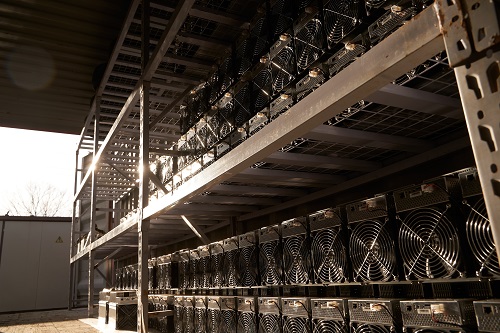
Argo Blockchain mined 147 bitcoins in December 2022, down from 198 in November. Mining revenue was $2.49 million, compared to $3.46 million during the previous month. Argo sold its Helios facility to Galaxy Digital for $65 million as it looked to avoid nose-diving into bankruptcy. Argo Blockchain, a leading Bitcoin miner that endured a terrible […]